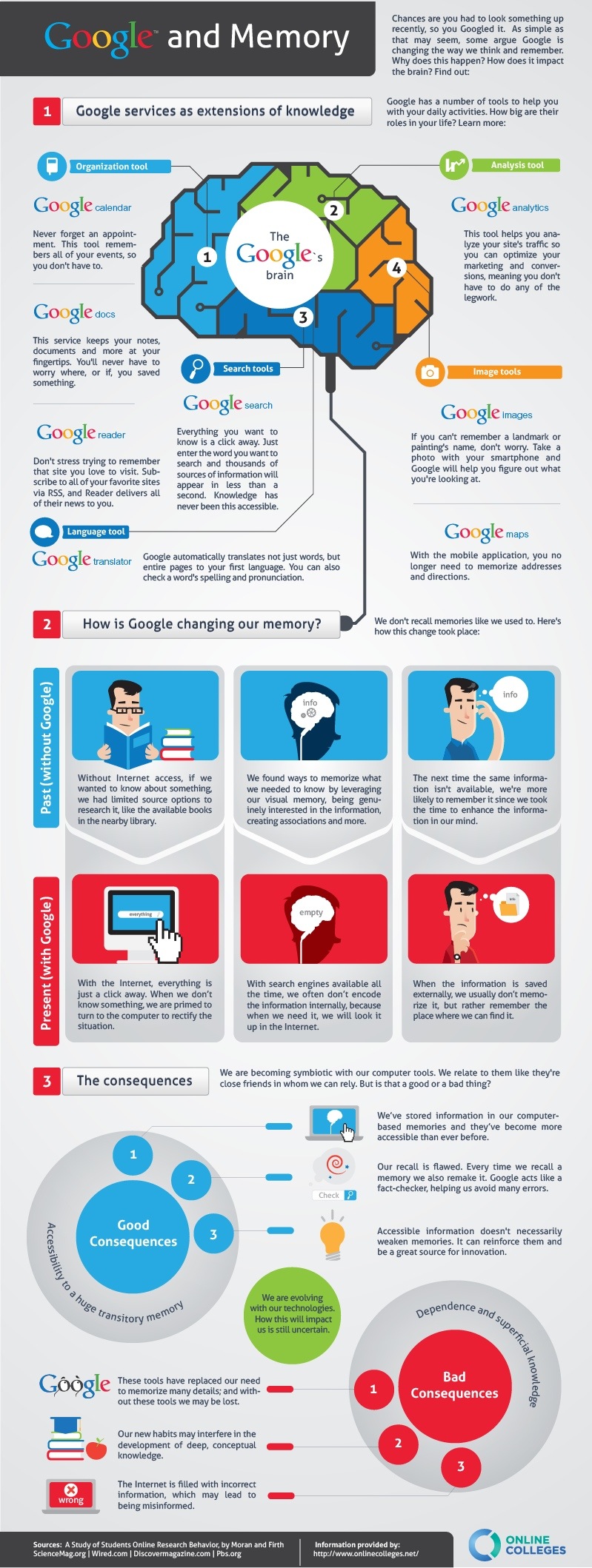#ocTEL Week 3 – What is Learning?
A bit tight for time this/last week so I’ve completed the “if you do just one thing” option
What is learning?
Think about the last time you learned something. Describe what you learned? How did you go about learning it? What strategies did you use?
The small innocuous three words in the question “what is learning” belies the fact that this is a question which has the potential to be very broad and yet deep in scope.
Whilst there are many theories of how we learn and could learn as mentioned in the ocTEL week 3 email (social constructivism (e.g. Vygotsky), connectivism (Siemens), problem-based learning (Boud), experiential learning (Kolb), and communities of practice (Lave & Wenger)) and the difference between what is learnt; understanding/knowledge/facts to me the lens with which to approach this question is why/the purpose/context of learning.
So returning to the last time I learned something it could be the informal context of figuring out how to navigate the nationwide telephone banking support to enable me to try and pay a credit card payment whilst being temporarily without my debit card linked to my current account due to loosing it earlier on in the week.
Or, it could be the more formal work-related activity of installing, configuring and setting up a WordPress installation to enable the support the delivery of online resources.
The former was a small one-off event which was tied to a problem and resulted in the need to look up relevant contact information from the Internet, make contact with the relevant people and explain a situation. Overall this was about information gathering and achieving a specific goal. Strategies used were finding information and communicating until a solution was enabled.
The latter was much more complex. It was broken down into different stages. Firstly, for installing and basic configuration of WordPress the knowledge was found via the Internet. Instructions were followed and the basic setup was achieved. It would be possible for me to now repeat this process without consulting the original source of information, so in the respect I have gained some new knowledge.
Secondly, the process of play and exploration was used to understand the possibilities of WordPress and gain insight into the limitations and additional features that could be added.
Lastly the sharing of the end result with colleagues who would be using the platform to create and host content both reinforced my knowledge gained in the second section and also built upon by seeing others’ approaches to using it.
Overall, this highlights information seeking behaviour when learning as well as making further use of that knowledge to build understanding. This distinction is perhaps more pertinent today than when didactic teaching methods were used to drum capital cities into children’s minds. The sharing of knowledge/facts via the Internet makes the teaching of pure facts seem old fashioned because they are much easier to access then before (see depiction below).
The focus now is on understanding… Taking knowledge it and doing something with it, building your understanding (constructivism), on your own and collaboratively. In some ways the different and approaches to enabling theories of learning could be said to be even more important to consider when thinking about using technology to enhance learning or providing new modes of engagement (such as online).
Using the Internet as a working memory for facts….
